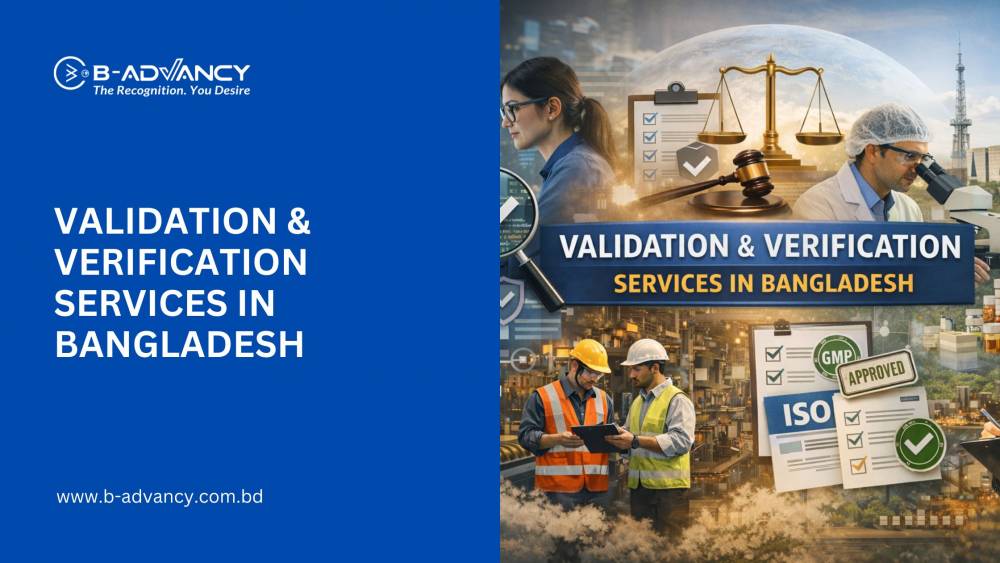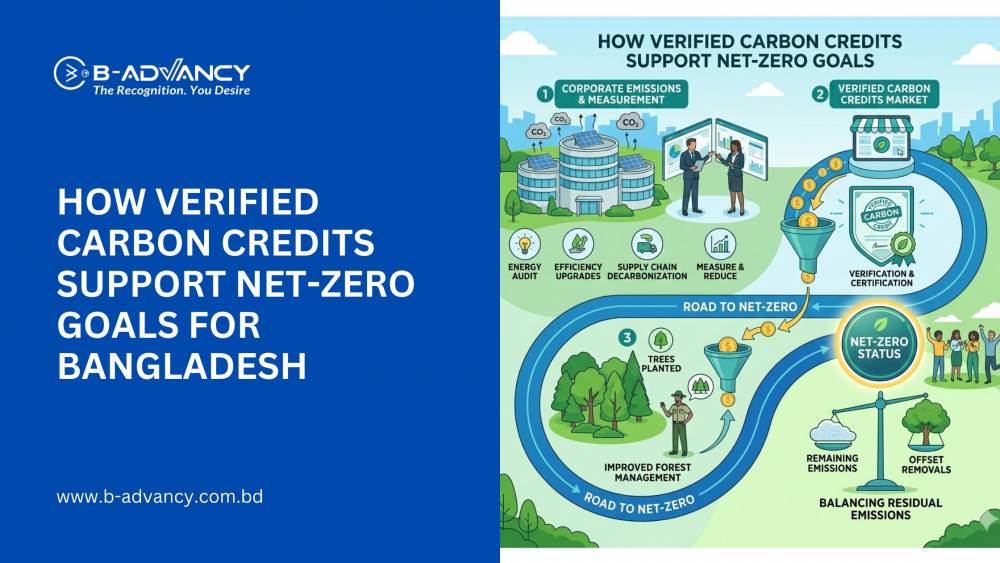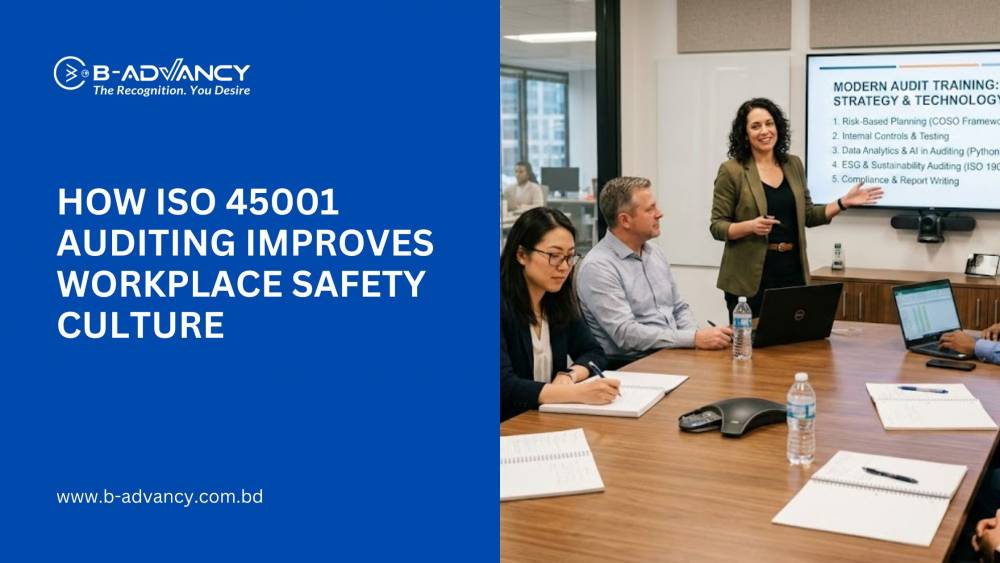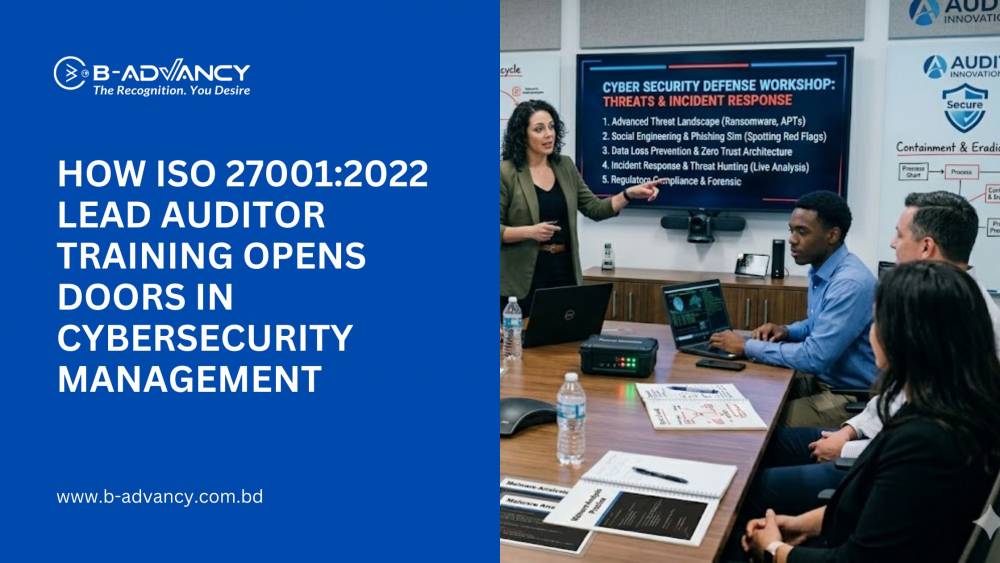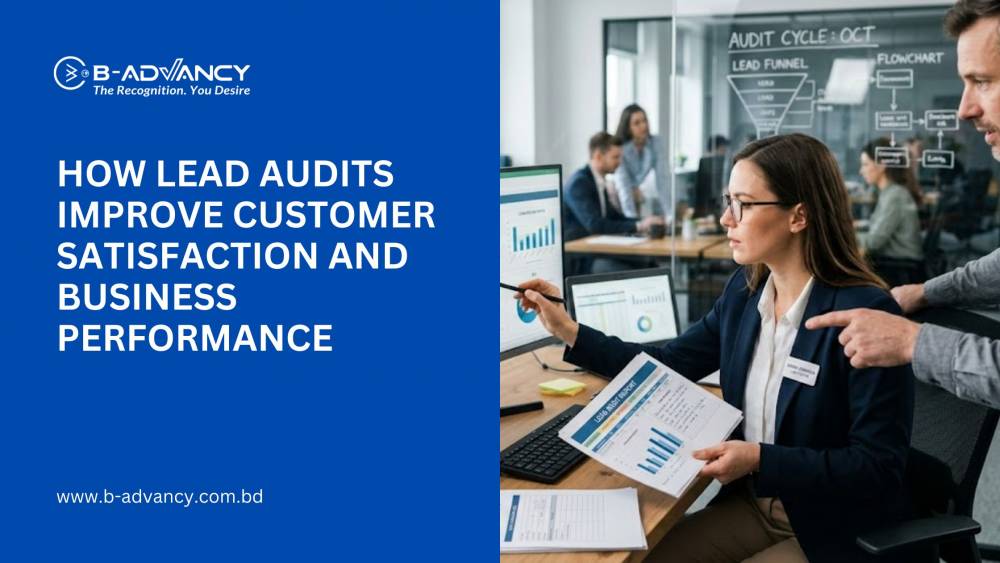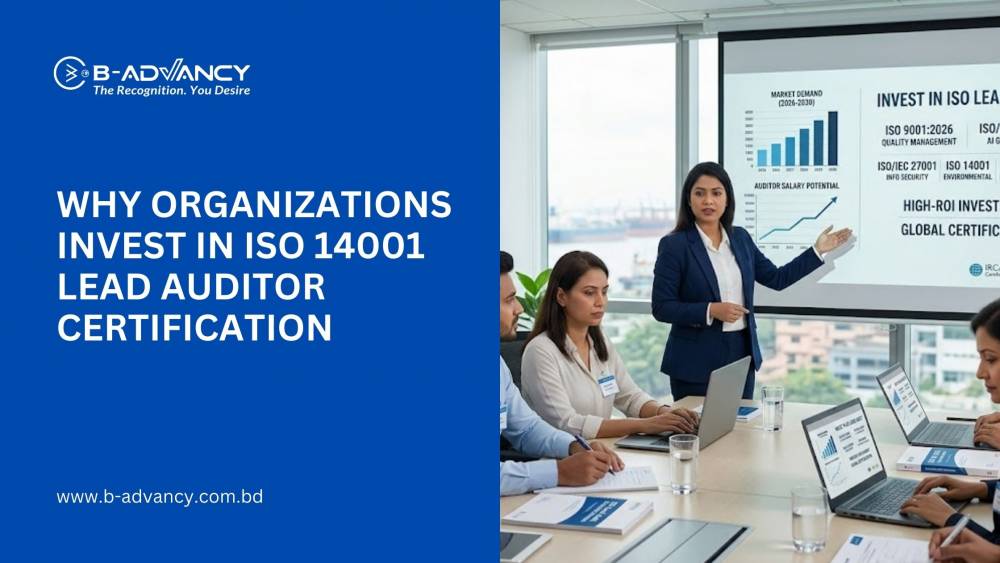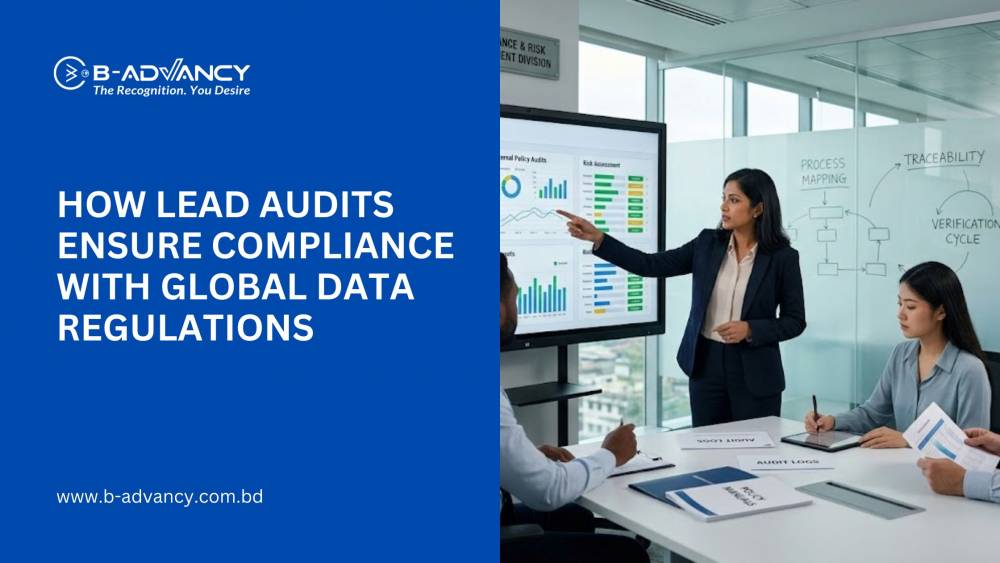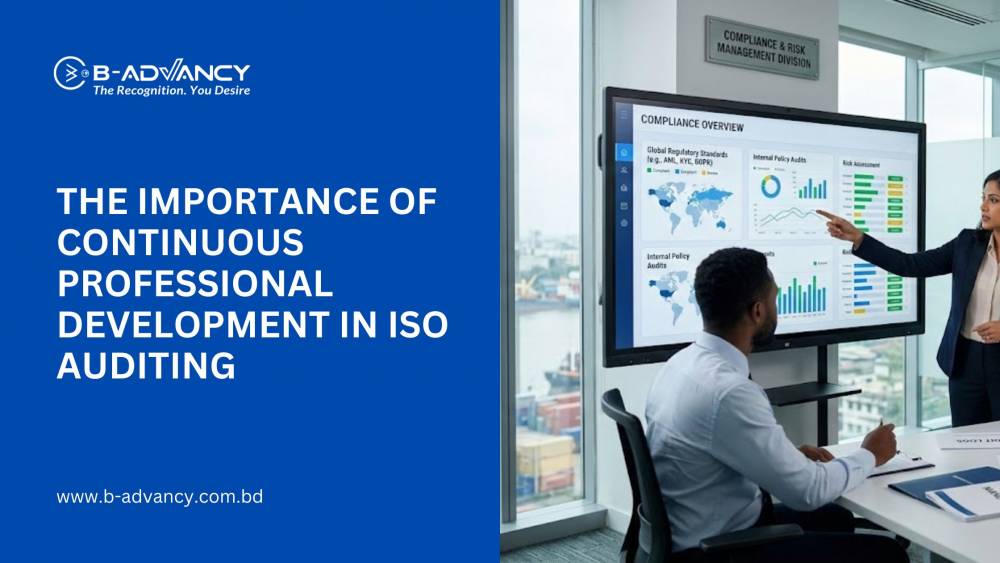In today’s global trade environment, buyers expect more than just competitive prices—they want suppliers who are ethical, transparent, and socially responsible.
For Bangladesh, one of the world’s largest hubs for RMG, textiles, leather, footwear, and agri-food exports, Sedex compliance is becoming essential to maintain and grow international trade relationships.
Sedex (Supplier Ethical Data Exchange) provides a platform to showcase ethical sourcing, improve supply chain transparency, and meet global buyer expectations. While Sedex doesn’t issue certifications, it enables suppliers to undergo a SMETA audit, verifying practices across key ethical areas.
What is Sedex?
Sedex is a global non-profit organization that promotes ethical and responsible business practices across supply chains.
It provides:
-
A central platform to share compliance data with buyers
-
Tools to monitor supply chain risks
-
Support for ethical audits through SMETA
Being a Sedex member helps suppliers meet buyer requirements, avoid order cancellations, and remain competitive in ethically focused markets.
Understanding SMETA: The Heart of Sedex Compliance
SMETA (Sedex Members Ethical Trade Audit) is the recognized audit protocol used by Sedex members. Unlike certification, SMETA audits evaluate ethical practices based on:
-
ILO Core Conventions
-
UN Universal Declaration of Human Rights
-
Bangladesh Labour Law
-
ETI Base Code (Ethical Trading Initiative)
Types of SMETA Audits
✅ SMETA 2-Pillar Audit – the most common for factories:
-
Labour Standards: wages, working hours, discrimination, freedom of association
-
Health & Safety: fire safety, worker protection, first aid, emergency preparedness
🔍 SMETA 4-Pillar Audit – an advanced audit including:
-
Environmental assessment: waste management, water usage, emissions, sustainability
-
Business ethics: anti-bribery, integrity, transparency, anti-corruption
Brands focused on sustainability and ethics often request the 4-Pillar audit.
Why Sedex Compliance Matters for Bangladeshi Exporters
Global buyers increasingly require Sedex participation and SMETA audits.
-
❌ Non-compliance risks losing contracts
-
📈 SMETA is often required to become an approved supplier
-
✅ Compliance builds long-term trust and business relationships
In sectors like garments, leather, handicrafts, seafood, food & beverage, and packaging, Sedex compliance is critical, not optional.
Benefits of Sedex & SMETA Compliance
🌍 Global Market Access – work with buyers in the EU, UK, USA, Canada, and Australia
🤝 Stronger Buyer Relationships – brands like Tesco, Marks & Spencer, and John Lewis expect compliance
🔐 Improved Workplace Conditions – better HR policies, worker safety, and environmental management
💼 Enhanced Brand Reputation – demonstrates commitment to ethical trade and export readiness
Who Should Pursue Sedex Compliance in Bangladesh?
Any supplier involved in international trade where ethical sourcing matters, including:
-
RMG & textile factories
-
Leather and footwear exporters
-
Food and seafood processors
-
Handicraft and home goods producers
-
Packaging and accessories suppliers
-
Printing, labels, and trims suppliers
-
Service providers (logistics, warehousing)
Sedex Compliance Process: Step-by-Step
-
Sedex Membership Registration – sign up at www.sedex.com and create your profile
-
Self-Assessment Questionnaire (SAQ) – share details about HR, safety, and management systems
-
Select Audit Type – choose SMETA 2-Pillar or 4-Pillar depending on buyer requirements
-
Conduct SMETA Audit – a Sedex-approved auditor reviews your operations against SMETA standards
-
Corrective Action & Continuous Improvement – address non-conformities with a CAPR and maintain ongoing improvements
Common Challenges for Bangladeshi Suppliers
-
Unclear audit standards and buyer expectations
-
Weak fire safety and emergency preparedness
-
Incomplete HR documentation or missing policies
-
Delays in closing audit findings
-
Untrained compliance teams
With expert guidance, these challenges can be overcome, ensuring smooth compliance and long-term success.
Your Ethical Trade Partner: B-ADVANCY Certification Limited
If you’re preparing for a Sedex audit or need guidance on ethical sourcing, B-ADVANCY Certification Limited is your trusted partner in Bangladesh.
Why B-ADVANCY?
-
Local expertise with a global presence in 10+ countries
-
Support for Sedex account creation, SAQ, and documentation
-
Gap assessments and pre-audit readiness checks
-
Skilled consultants for garments, leather, food, and accessories sectors
-
Post-audit CAPR support and implementation guidance
📲 Contact B-ADVANCY:
-
WhatsApp: Click to Message
-
Website: www.b-advancy.com.bd
Conclusion
Ethical sourcing is no longer optional—it’s a global expectation.
For Bangladeshi manufacturers and exporters, Sedex compliance and SMETA audits provide the foundation to operate responsibly, enhance buyer trust, and access new export opportunities.
Partnering with B-ADVANCY makes your journey to Sedex compliance smoother, efficient, and globally aligned. As supply chains become more transparent, Sedex is your gateway to sustainable growth and international trade success.






























































































































































































